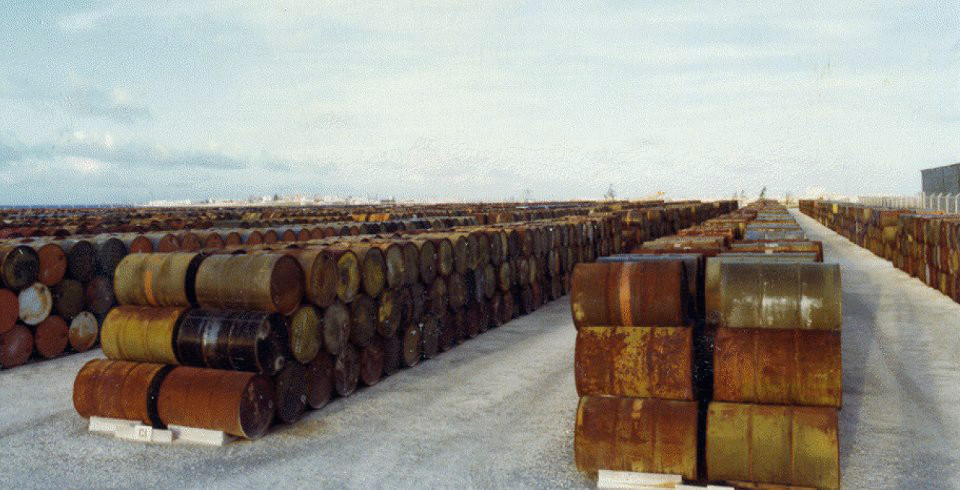
More on the Monsanto Tribunal
For an increasing number of people from around the world, Monsanto today is the symbol of industrial agriculture. This chemical-intensive form of production pollutes the environment, accelerates biodiversity loss, and massively contributes to global warming.
Since the beginning of the twentieth century, Monsanto, a US-based company, has developed a number of highly toxic products, which have permanently damaged the environment and caused illness or death for thousands of people.
January 29, 2016 | Source: Monsanto Tribunal | by
For an increasing number of people from around the world, Monsanto today is the symbol of industrial agriculture. This chemical-intensive form of production pollutes the environment, accelerates biodiversity loss, and massively contributes to global warming.
Since the beginning of the twentieth century, Monsanto, a US-based company, has developed a number of highly toxic products, which have permanently damaged the environment and caused illness or death for thousands of people. These products include:
• PCBs (polychlorinated biphenyl), one of the twelve Persistent Organic Pollutants (POP) that affect human and animal fertility;
• 2,4,5 T (2,4,5-trichlorophenoxyacetic acid), a dioxin-containing component of the defoliant, Agent Orange, which was used by the US Army during the Vietnam War and continues to cause birth defects and cancer;
• Lasso, an herbicide that is now banned in Europe;
• and RoundUp, the most widely used herbicide in the world, and the source of the greatest health and environmental scandal in modern history – this toxic herbicide is used in combination with genetically modified (GM) RoundUp Ready seeds in large-scale monocultures, primarily to produce soybeans, maize and rapeseed for animal feed and biofuels.
Monsanto promotes an agroindustrial model that contributes at least one third of global anthropogenic greenhouse gas emissions; it is also largely responsible for the depletion of soil and water resources, species extinction and declining biodiversity, and the displacement of millions of small farmers worldwide. This is a model that threatens peoples’ food sovereignty by patenting seeds and privatizing life.
According to its critics, Monsanto is able to ignore the human and environmental damage caused by its products and maintain its devastating activities through a strategy of systemic concealment: by lobbying regulatory agencies and governments, by resorting to lying and corruption, by financing fraudulent scientific studies, by pressuring independent scientists, by manipulating the press and media, etc. The history of Monsanto would thereby constitute a text-book case of impunity, benefiting transnational corporations and their executives, whose activities contribute to climate and biosphere crises and threaten the safety of the planet.
